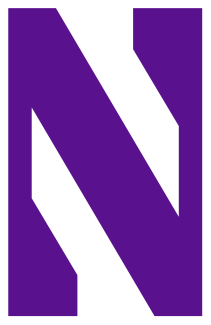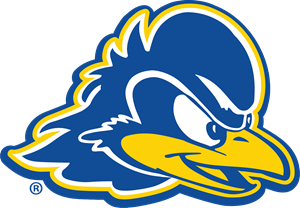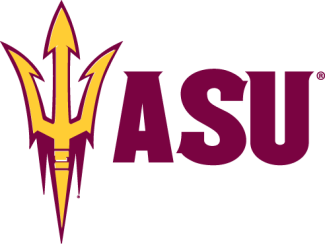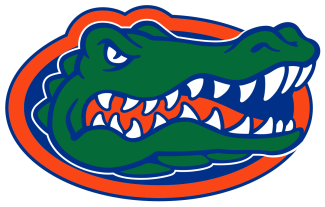The New England Small College Athletic Conference (NESCAC), one of the nation's top NCAA Division III lacrosse conferences, will allow its schools to play limited conference schedules this spring.
Due to varying local requirements, each school will make its own decision as to whether or not to play. At least six schools in each sport must participate in order for the NESCAC to sponsor conference competition.
The most recent Nike/US Lacrosse NCAA Division III polls feature five men's teams (No. 1 Tufts, No. 5 Wesleyan, No. 8 Williams, No. 13 Amherst, No. 18 Middlebury) and six women's teams (No. 1 Middlebury, No. 2 Tufts, No. 6 Amherst, No. 9 Bowdoin, No. 10 Wesleyan, No. 14 Colby) in the Top 20.
Here's the complete NESCAC statement released on Tuesday afternoon:
With the spring semester now underway at all NESCAC institutions, the NESCAC Presidents have reached agreement on a limited schedule of conference competition for spring sports. Due to variations in local conditions, institutional policies, and state travel restrictions, each institution will make its own determination whether to participate. Spring conference competition will take place in a sport only if there is the minimum number of NESCAC teams (6) to sponsor play, and only if a school chooses to participate. Competition will take place within abbreviated regional schedules from mid-April to mid-May.
To protect the wellbeing of our students, staff, faculty, and broader communities, the NESCAC Athletic Directors, working with medical personnel and other experts, have developed comprehensive health and safety protocols for spring competition. These protocols exceed NCAA guidance and complement the robust COVID-19 testing already taking place on NESCAC campuses.
If enough institutions field teams, NESCAC conference play will go forward in baseball, men’s and women’s golf, men’s and women’s lacrosse, men’s and women’s rowing, softball, men’s and women’s tennis, and men’s and women’s outdoor track & field.
The Presidents and the Conference will continue to monitor the progress of the pandemic and respond as needed to regulatory changes at the federal, state and local levels, as well as to any shifts in medical guidance or best practices. Spectators for athletic events will be limited to individuals who are part of the host institution’s testing protocol, and individual institutions may impose additional restrictions.
The past year has posed an extraordinary set of challenges. We are grateful to all members of our communities for the strength and resilience they have shown. As the vaccine rollout accelerates, we are optimistic we can return to a more typical collegiate experience next year.
Biddy Martin, Amherst College
Clayton Spencer, Bates College
Clayton Rose, Bowdoin College
David Greene, Colby College
Katherine Bergeron, Connecticut College
David Wippman, Hamilton College
Laurie Patton, Middlebury College
Joanne Berger-Sweeney, Trinity College
Tony Monaco, Tufts University
Michael Roth, Wesleyan University
Maud Mandel, Williams College


























































